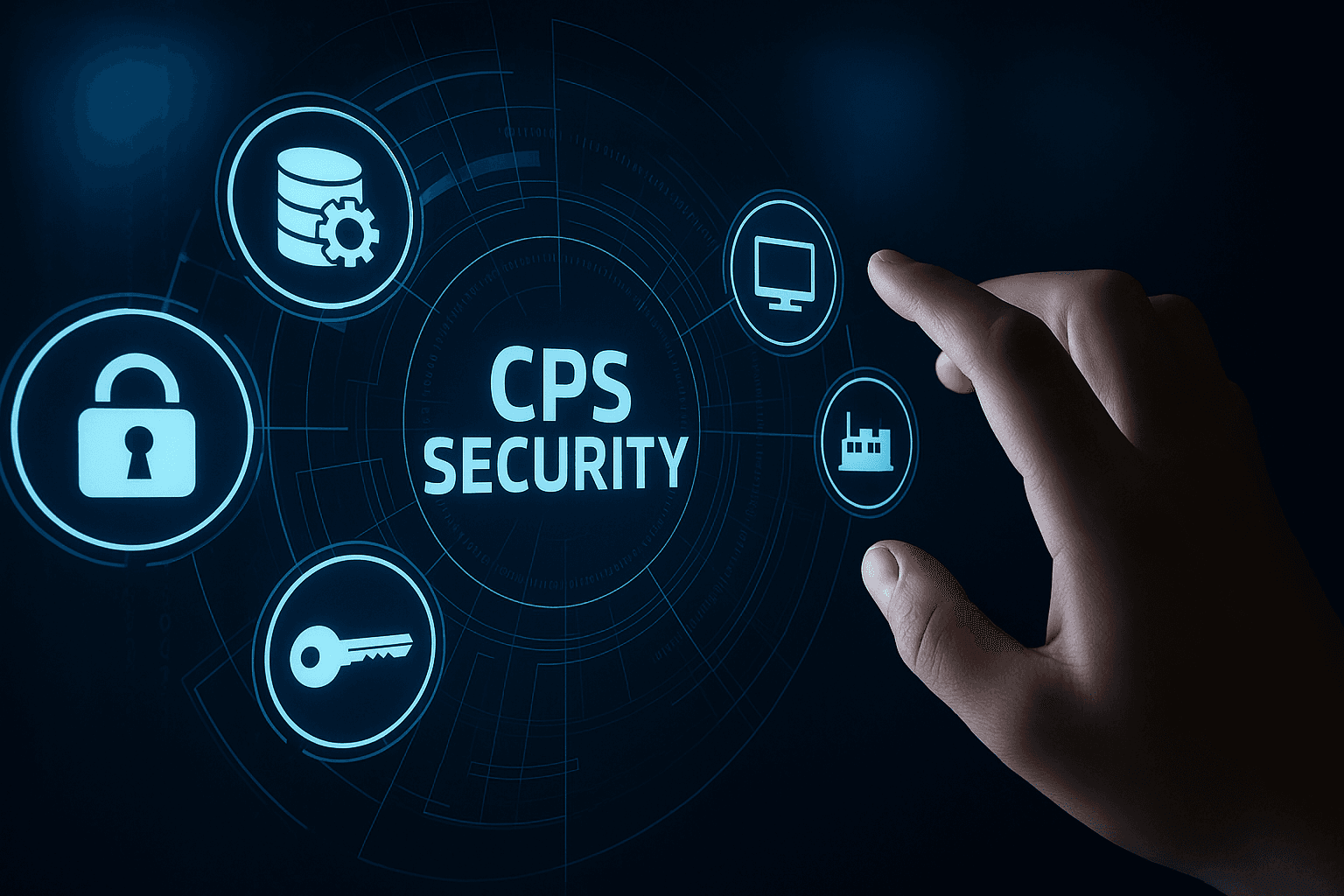
Cyber-Physical Systems Security
Exploring the intersection of critical infrastructure and cybersecurity
CS6263 / ECE8813 - Spring 2026
Meeting times / place:
Course Developers & Staff

Dr. Saman Zonouz
Associate Professor & Course Director

Tohid Shekari
Head Teaching Assistant
Course Overview
The course covers introductory topics in cyber-physical systems security. The goal is to expose students to fundamental security primitives specific to cyber-physical systems and to apply them to a broad range of current and future security challenges. Much of the course is taught with the focus on one instance of cyber-physical systems - Industrial Control Systems (ICSs). However, students will be expected to generalize the concepts for other cyber-physical systems.
Students will work with various tools and techniques used by hackers to compromise computer systems or otherwise interfere with normal operations. Students will also use tools that are unique to interacting with cyber-physical systems. The purpose of the class is NOT to teach you how to be a hacker, but rather to teach you the approaches used by hackers so you can better defend against them. Students will be graded based upon exams and completion of assignments.
Prerequisites & Required Skills
Required Background
- Computer networking class
- Information security class
- Programming experience with Python
General Skills Developed
- Industrial control systems concepts
- Cyber-physical systems security
- Hands-on security tool usage
- Critical thinking and problem solving
Project Tools & Skills
Learning Objectives
Learning Outcomes
Required Textbooks
There are two required textbooks. We cover lots of really good material and no one textbook has it all. These are excellent references and will serve you well in future jobs or research projects. We will also occasionally review conference and journal publications. You can either buy these books or get access to them through Georgia Tech library's website. As students, you have access to all the journal articles and book services subscribed to by the university. You just have to log in similar you would in Canvas.
Industrial Network Security, Second Edition
Securing Critical Infrastructure Networks for Smart Grid, SCADA, and Other Industrial Control Systems
Authors: Eric D. Knapp and Joel Thomas Langill
ISBN: 978-0124201149
Applied Cyber Security and the Smart Grid
Implementing Security Controls into the Modern Power Infrastructure
Authors: Eric D. Knapp and Raj Samani
ISBN: 978-1597499989
Hacking Exposed Industrial Control Systems
ICS and SCADA Security Secrets & Solutions
Authors: Clint Bodungen, Bryan Singer, Aaron Shbeeb, Kyle Wilhoit, and Stephen Hilt
ISBN: 978-1259589713
Grading
Grading Breakdown
Grading Scale
< 60%
60% - 69%
70% - 79%
80% - 89%
90% - 100%
Course Policies
Responsibility for Material
Students are responsible for all material covered in class, including lectures, readings, and assignments. Regular attendance and active participation are expected.
Paper Presentation
Students will select a research paper, present it via a YouTube video, and post it on Ed Discussion. Full credit requires creating your presentation, asking at least three questions about classmates' presentations, and submitting the relevant materials by semester's end.
Exams, Makeup Exams, and Incompletes
All exams are closed book. For the midterm, students may bring one handwritten, single-sided 8.5 x 11 note sheet (the back must be blank). For the final exam, students may bring either two single-sided sheets or one double-sided sheet of the same size, handwritten. Not following these rules will result in a zero on the exam. Makeup exams are at the professor's discretion and require a written request at least one week in advance, except for medical emergencies. Incomplete grades are given only in exceptional cases.
Academic Integrity
Collaboration is encouraged for learning, but all coursework must be completed individually unless otherwise specified. Students are expected to follow the Georgia Tech Honor Code and treat classmates and the instructor with respect, ensuring no one gains unfair advantage. Suspected academic dishonesty will be reported to the Dean of Students. Posting course materials, projects, or exams (including solutions) publicly (for example, on platforms like GitHub) is strictly prohibited and may result in a failing grade in the course. Please refer to the school's full policy for details.
Late Work and Regrading
Assignments may be submitted up to two days late with a 20% penalty; after that, no credit will be given. Regrading requests for exams and projects must be submitted in writing within the given timeline after grades are returned, with a clear explanation of the suspected grading error.
Communication
Students are expected to check their email regularly for course announcements and updates. All communication should be professional and respectful.
Code Commenting Policy
All submitted code must be thoroughly commented. Comments should explain the purpose and functionality of the code, and must include the original creation date and the correct last modified date. Proper commenting is strictly required.
Policy on Handouts
The handouts can be downloaded from the Canvas which requires authentication. Handouts with proprietary or copyrighted material will be put on the protected page and should not be made publicly available by students.
For any questions or concerns about these policies, please contact the course instructor.
Course Schedule
Class Deliverables
Mini Project 1Upcoming
Topic: Design and Simulation of Industrial and Control systems
Mini Project 2Upcoming
Topic: PLC Programming - Ladder Logic
Midterm ExamUpcoming
You will have 50 minute window to take the test
Mini Project 3Upcoming
Topic: Real-World ICS Reconnaissance and Attacks
Mini Project 4Upcoming
Topic: Secure System Analysis Using Machine Learning
Final ExamUpcoming
You will have 50 minute window to take the test